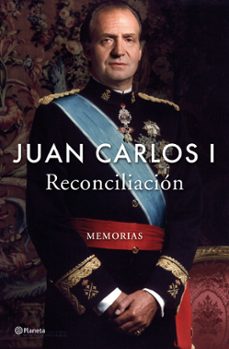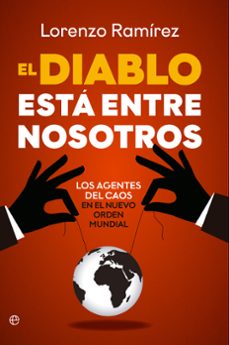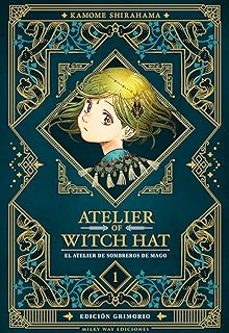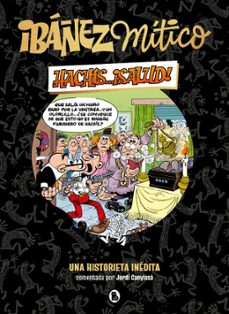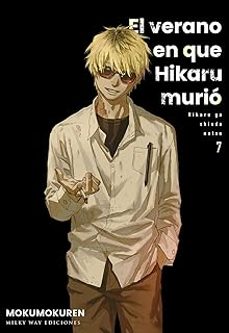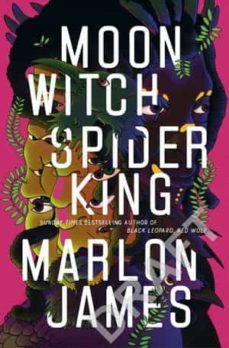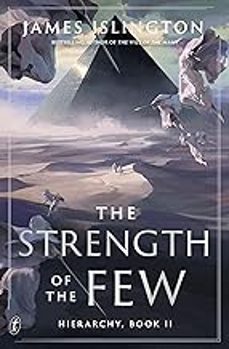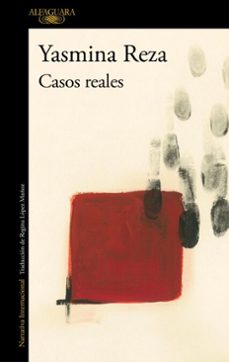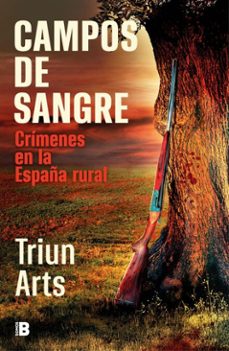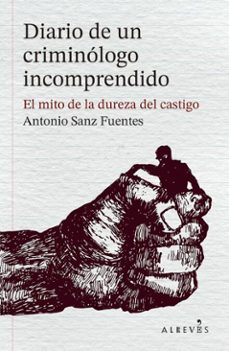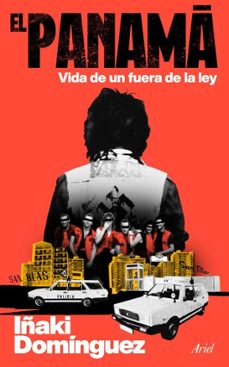Imprescindibles
Más vendidos Libros más leídos eBooks más leídos Todos los libros Todos los libros Autores destacados Series y sagas
Recomendados Libros recomendados Autores destacados Libros que inspiran Vidas con historia LGTBIQ+ English books
Ficción
Literatura Contemporánea Estudios literarios Clásicos Cuentos Poesía Teatro Libros de bolsillo Sagas literarias
Géneros literarios Novela romántica y erótica Novela negra Novela histórica Narrativa fantástica Novela de ciencia ficción Novela de terror Narrativa de humor Narrativa de viajes
No Ficción
Ciencias y tecnología Biología Ciencias Ciencias naturales Divulgación científica Informática Ingeniería Matemáticas Medicina Salud y dietas Formación Idiomas Estilo de vida Libros de Cocina Guías de viaje Narrativa de viajes Deportes Libros de Juegos Manualidades
Humanidades Autoayuda y espiritualidad Ciencias humanas Derecho Economía y Empresa Psicología y Pedagogía Filosofía Sociología Filología Biblioteconomía Estudios filológicos Estudios lingüísticos Estudios literarios Historia y crítica de la Literatura
Infantil
Juvenil
#Jóvenes lectores Narrativa juvenil Clásicos adaptados Libros Wattpad Libros Booktok Libros de influencers Libros de Youtubers Libros Spicy Juveniles Libros LGTBIQ+ Temas sociales Libros ciencia ficción Libros de acción y aventura Cómic y Manga Juvenil Cómic Juvenil Manga Shonen Manga Shojo Autores destacados Jennifer L. Armentrout Eloy Moreno Nerea Llanes Hannah Nicole Maehrer
Libros de fantasía Cozy Fantasy Dark academia Hadas y Fae Romantasy Royal Fantasy Urban Fantasy Vampiros y hombres lobo Otros Misterio y terror Cozy mistery Policiaca Spooky Terror Thriller y suspense Otros
Libros románticos y de amor Dark Romance Clean Romance Cowboy Romance Mafia y amor Romance dramatico Romance dramatico Romcom Sport Romance Otros Clichés Enemies to Lovers Friends to Lovers Hermanastros Slow Burn Fake Dating Triángulo amoroso
Cómic y Manga
Novela gráfica Novela gráfica americana Novela gráfica europea Novela gráfica de otros países Personajes, series y sagas Series y sagas Star Wars Superhéroes Cómics DC Cómics Marvel Cómics otros superhéroes Cómics Valiant
eBooks
Literatura Contemporánea Narrativa fantástica Novela de ciencia ficción Novela de terror Novela histórica Novela negra Novela romántica y erótica Juvenil Más de 13 años Más de 15 años Infantil eBooks infantiles
Humanidades Autoayuda y espiritualidad Ciencias humanas Economía y Empresa Psicología y Pedagogía Filosofía Historia Historia de España Historia Universal Arte Cine Música Historia del arte
Ciencia y tecnología Ciencias naturales Divulgación científica Medicina Salud y dietas Filología Estudios lingüísticos Estudios literarios Historia y crítica de la Literatura Estilo de vida Cocina Guías de viaje Ocio y deportes
Preventa de eBooks de Criminología
Categorias
Filtros
Del 1 al 4 de 4
ALFAGUARA 9788410496552
La aclamada autora de Arte y Un dios salvaje deslumbra con «uno de sus libros más hermosos» (Paris Match), en el que su vida se cruza con la de varios criminales.«He visto en los tribunales lo que me
Ver más
eBook
EDICIONES B 9788466683661
Sangre, secretos y silencio: el referente deltrue crime nos abre las puertas de laEspaña más oscura.¿Hasta dónde puede llegar la maldad si el silencio se convierte en ley?¿De qué es capaz un pueblo donde el rumor pesa mas que la justicia?¿Que ocurre cuando la soledad y el rencor germinan bajo el sol de la España vaciada?En este viaje al corazon mas oscuro del pais, Triun Arts reconstruye seis crimenes que aun estremecen nuestra memoria: los asesinatos de Manuel Blanco Romasanta (conocido como el Hombre Lobo de Allariz), la matanza de Los Galindos, la masacre de Puerto Hurraco, el exorcismo de Almansa, el crimen de Fago y el triple homicidio de los hermanos Gutierrez. Mas alla del morbo, su objetivo es dar con las causas invisibles -el aislamiento, la pobreza, la culpa colectiva y el rencor acumulado- que anidan bajo la superficie. Cada historia late con un mismo pulso: el de una España que sangra en silencio.No se trata solo de contar asesinatos, sino de entenderlos. Triun Arts interroga las raices del odio, la herencia del desamparo, el eco de viejas rencillas que todavia resuenan entre campos vacios y casas cerradas. Su mirada ofrece algo mas que true crime: revela una radiografia implacable de la violencia y la soledad que recorren la España profunda. Porque cada crimen aqui contado no solo expone una tragedia, sino tambien un espejo en el que se refleja un pais que, por miedo o costumbre, prefiere no mirar sus heridas. Y, sin embargo, ahi siguen: vivas, bajo la tierra.
Ver más
eBook
SANZ FUENTES, ANTONIO
Editorial Alrevés 9788410455603
¿Por qué seguimos creyendo que castigar más es castigar mejor? ¿De verdad las penas más duras nos hacen vivir con más seguridad o solo nos ofrecen una ilusión de control? ¿Y qué papel juega la venganza ese impulso tan humano como peligroso en nuestras leyes, sentencias y opiniones?En este libro provocador, lucido y profundamente necesario, Antonio Sanz Fuentes desmonta con rigor, ironia y claridad las ideas mas arraigadas sobre el crimen, la justicia y el castigo. Con ejemplos cotidianos, analisis cientificos y un estilo cercano, el autor nos guia por los laberintos del populismo punitivo, ese discurso simplista que domina titulares y programas electorales mientras ignora decadas de conocimiento criminologico.Diario de un criminologo incomprendido es una invitacion a pensar mas alla de los esloganes, a cuestionar lo que damos por hecho y a entender como nuestras emociones, sesgos y prejuicios moldean las politicas penales. Una obra tan necesaria como incomoda, que desafia a quien lo lee a replantearse que significa realmente la justicia en el siglo XXI.Una obra valiente, incisiva y rebelde que demuestra que la verdadera seguridad no se construye con cadenas perpetuas, sino con reflexion, ciencia y humanidad.
Ver más
eBook
Editorial Ariel 9788434439962
La biografía de una de las leyendas de la delincuencia madrileña de los ochenta, y un retrato espectacular de una época que marcó la historia social y cultural de España.Un viaje al corazón oscuro de los ochenta: violencia, drogas, bandas urbanas y una juventud decidida a vivir sin limites para escapar de la miseria y la desesperacion. Jose Manuel Cifuentes, alias el Panama, fue atracador, guitarrista de rock y proveedor de la Ruta del Bakalao. Entre los quinquis de los barrios bajos, los atracos y la noche, su vida resume la historia de toda una generacion. Con coraje y lucidez, Iñaki Dominguez se adentra en su vida para contar la epopeya salvaje de quienes desafiaron la ley y el destino en una España que despertaba. Querido por algunos y temido por muchos, es una figura extraordinariamente compleja, solo comparable a iconos irreverentes como fueron "El Vaquilla", "El Pirri" o Dieguito "El Malo.
Ver más
eBook
Del 1 al 4 de 4


